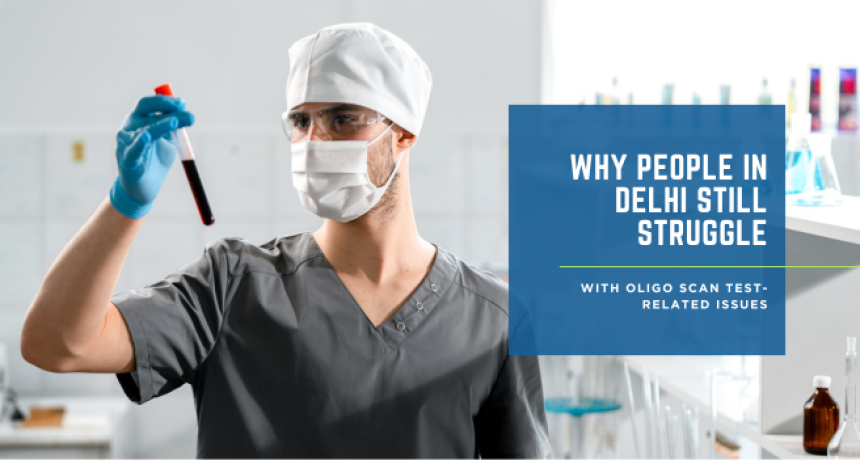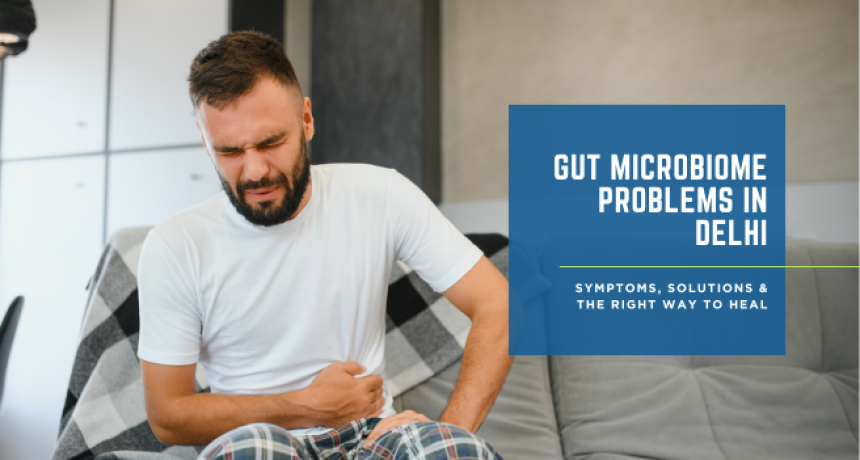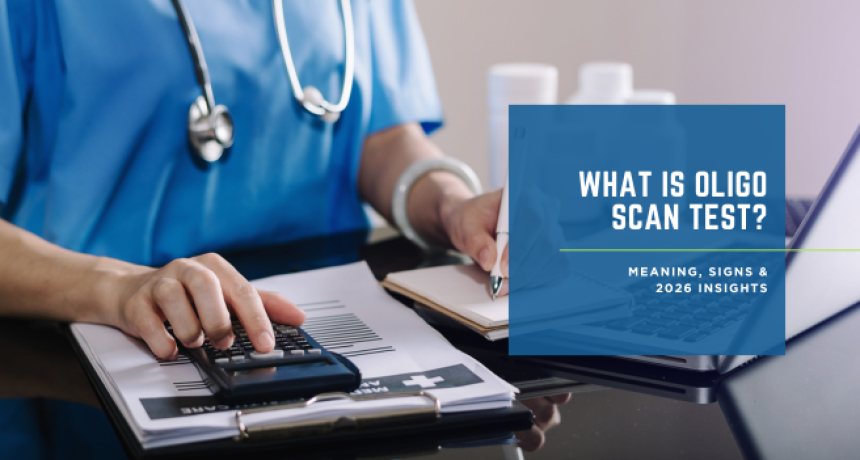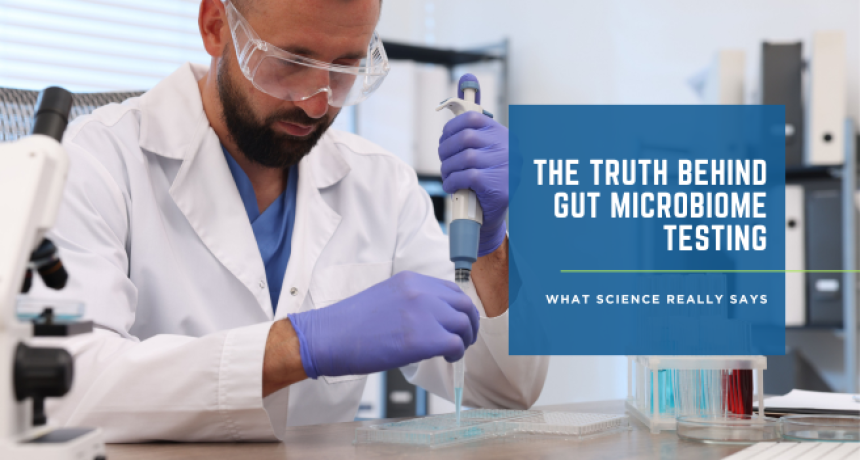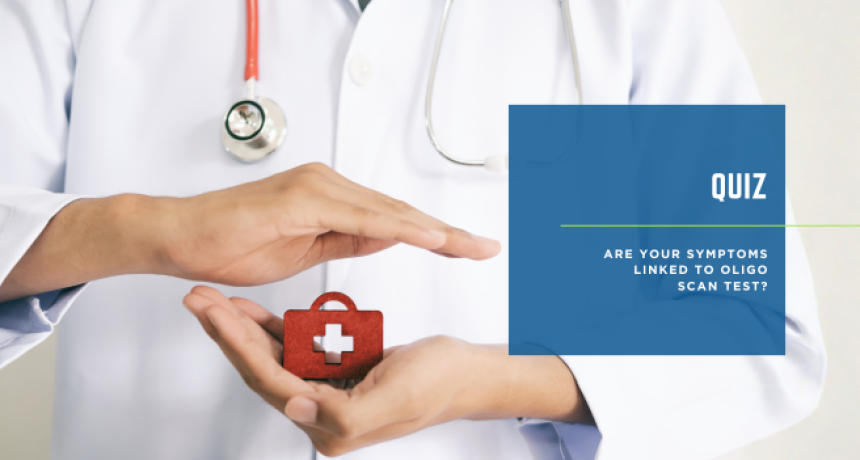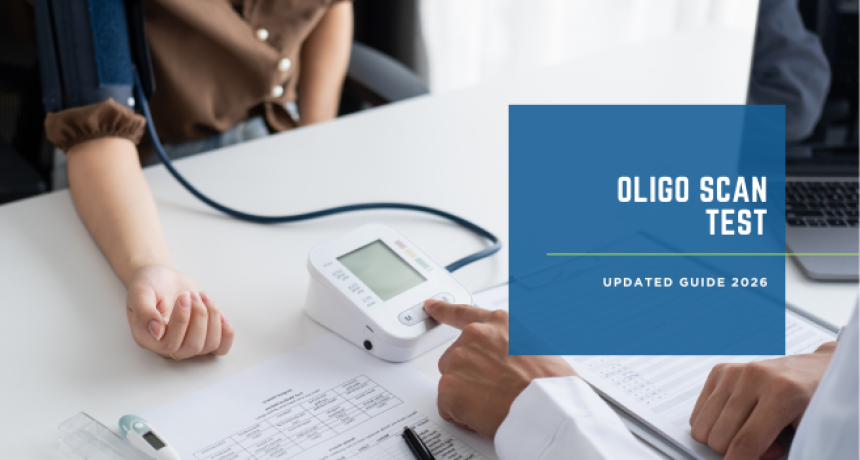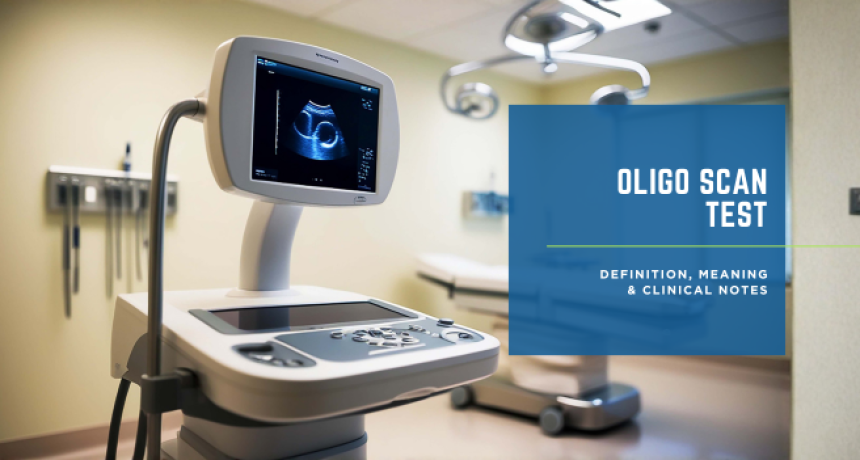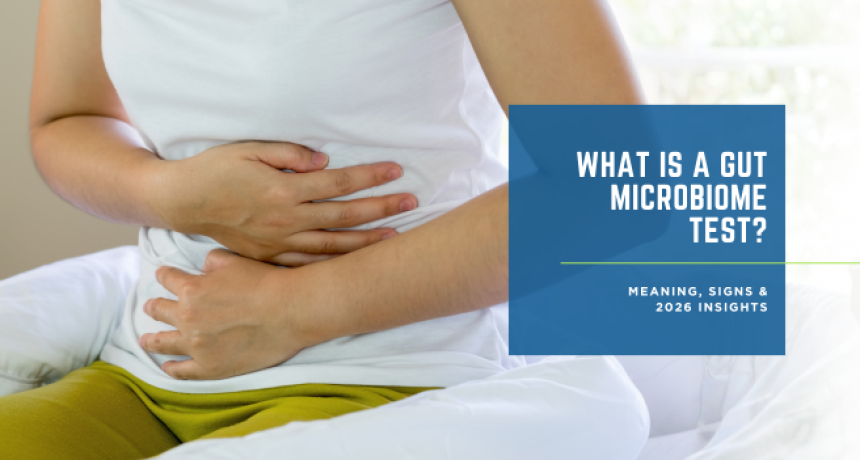Are You Suffering from PCOD? Know the Symptoms and Treatment Options
2025-03-26 Polycystic Ovarian Disorder (PCOD) is no longer just a personal health concern—it is rapidly emerging as a global health crisis affecting millions of women. With rising cases worldwide, PCOD is linked to modern lifestyle changes, increasing stress levels, poor dietary habits, and environmental toxins. This hormonal disorder disrupts menstrual cycles, fertility, metabolism, and mental health, yet what is PCOD problem remains widely misunderstood and underdiagnosed. As more women struggle with its symptoms, there is an urgent need for awareness, early diagnosis, and holistic treatment approaches that go beyond just medication. Addressing PCOD on a global scale requires a shift towards preventive healthcare, integrative medicine, and lifestyle interventions to empower women to reclaim their hormonal health. Recent epidemiological data paints a startling picture of this hormonal disorder: Global Prevalence: Approximately 1 in 5 women of reproductive age are now diagnosed with PCOD Regional Variations: In India, studies suggest that up to 22-36% of women in the reproductive age group are affected Urban Impact: Metropolitan areas show a significantly higher prevalence, with rates reaching nearly 40% in some urban populations The rise of PCOD is not a coincidence but a complex interplay of modern lifestyle factors: Lifestyle Transformation Modern living has fundamentally altered women's metabolic and hormonal landscapes. Sedentary work cultures, prolonged screen times, and reduced physical activity have created a perfect storm for hormonal disruption. Nutritional Challenges Processed food consumption has increased by over 300% in the last two decades Refined sugar intake has doubled in urban populations Micronutrient deficiencies have become alarmingly common Stress Epidemic Chronic stress has become a hallmark of contemporary life. Cortisol levels among young women have shown a dramatic 47% increase compared to previous generations, directly impacting hormonal balance. Environmental Factors Endocrine-disrupting chemicals in: Plastics Personal care products Industrial pollutants Are increasingly linked to hormonal disorders Cutting-edge research reveals that PCOD is not just a reproductive issue but a complex metabolic syndrome: Genetic Predisposition: Studies show a 40-50% genetic component Insulin Resistance: Up to 70% of women with PCOD demonstrate significant insulin resistance Metabolic Risk: Women with PCOD have a 2-3 times higher risk of developing type 2 diabetes and cardiovascular complications Behind these statistics are millions of women experiencing: Unexplained weight gain Emotional distress Fertility challenges Metabolic uncertainty This isn't just a medical condition—it's a global health narrative demanding comprehensive understanding and holistic intervention. The time has come to transform our approach—from symptom management to root-cause resolution, from isolated treatment to integrated healing. PCOD is a condition where the ovaries produce an excess amount of androgens (male hormones), leading to multiple cysts forming on the ovaries. While not life-threatening, it can cause various health complications if left untreated, such as insulin resistance, weight gain, and potential fertility challenges. Early identification of PCOD symptoms is crucial for timely intervention. Common signs include: Irregular menstrual cycles Unexplained weight gain, especially around the abdomen Persistent acne and oily skin Excessive hair growth (hirsutism) Thinning hair or hair loss Mood swings and emotional challenges Difficulty conceiving Traditional medical approaches often rely on pharmaceutical interventions, but a holistic treatment strategy offers a more comprehensive and sustainable path to managing hormonal disorders. Addressing Root Causes Identifying underlying hormonal imbalances Exploring genetic, environmental, and lifestyle factors Creating personalized treatment plans Comprehensive Hormonal Balance Holistic treatment recognizes the interconnection between: Nutrition Stress levels Metabolic function Emotional well-being Physical activity A functional medicine approach focuses on individualized meal plans that: Stabilize insulin levels Reduce inflammation Balance hormones Incorporate anti-inflammatory, low-glycemic foods Eliminate processed foods and refined sugars Gut health plays a significant role in hormonal balance. Our approach includes: Probiotic support Prebiotic-rich foods Detoxification programs Nutrient absorption optimization Targeted nutritional interventions may include: Vitamin D supplements Omega-3 fatty acids Minerals supporting metabolic function Natural compounds to improve insulin sensitivity Chronic stress can exacerbate PCOD symptoms. Our holistic approach includes: Stress reduction techniques Mindfulness practices Emotional well-being support Sleep optimization strategies Customized weight loss approaches: Intermittent fasting protocols Strength training Hormone-specific nutrition coaching Metabolic flexibility improvement Recent studies published in the Journal of Clinical Endocrinology & Metabolism demonstrate that lifestyle interventions can be more effective than conventional medications in managing PCOD symptoms, improving ovulation and insulin sensitivity. FAQs On PCOD Yes, consistent lifestyle interventions and holistic therapies can effectively manage PCOD symptoms. Through a combination of ultrasound scans, hormone level tests, and comprehensive medical history assessment. An anti-inflammatory, low-glycemic, whole-food diet tailored to individual metabolic needs. While providing temporary relief, hormonal pills do not address the root cause. A holistic approach focuses on restoring natural hormonal balance. Patients often experience: Improved menstrual regularity Enhanced fertility potential Balanced weight management Reduced inflammation Better emotional well-being Increased energy levels Long-term health sustainability At our clinic, we are committed to empowering women with comprehensive PCOS treatment in Delhi that ensures long-term health and well-being. 📞 Book Your Consultation Today 🌐 Personalized Healing Starts Here 💡 Reclaim Your Hormonal HealthThe Silent Hormonal Crisis: Why PCOD is Becoming a Global Health Challenge
The Alarming Rise of PCOD
What's Driving the PCOD Epidemic?
Scientific Insights
Beyond the Numbers: A Human Story
What is PCOD?
PCOD vs. PCOS: Understanding the Difference
Recognizing PCOD Symptoms
The Power of Holistic Treatment for PCOS/PCOD
Why Holistic Treatment is Crucial
Key Principles of Holistic Treatment
Holistic Treatment Strategies
1. Personalized Nutrition Plans
2. Functional Medicine & Gut Health Optimization
3. Natural Supplements
4. Stress Management & Hormonal Balance
5. Holistic Weight Management
Research-Backed Approach
1. Can PCOD be managed naturally?
2. How is PCOD diagnosed?
3. What is the best diet for PCOD?
4. Why avoid hormonal medications?
Benefits of Holistic PCOD Treatment
Take the First Step Towards Healing
.png)


